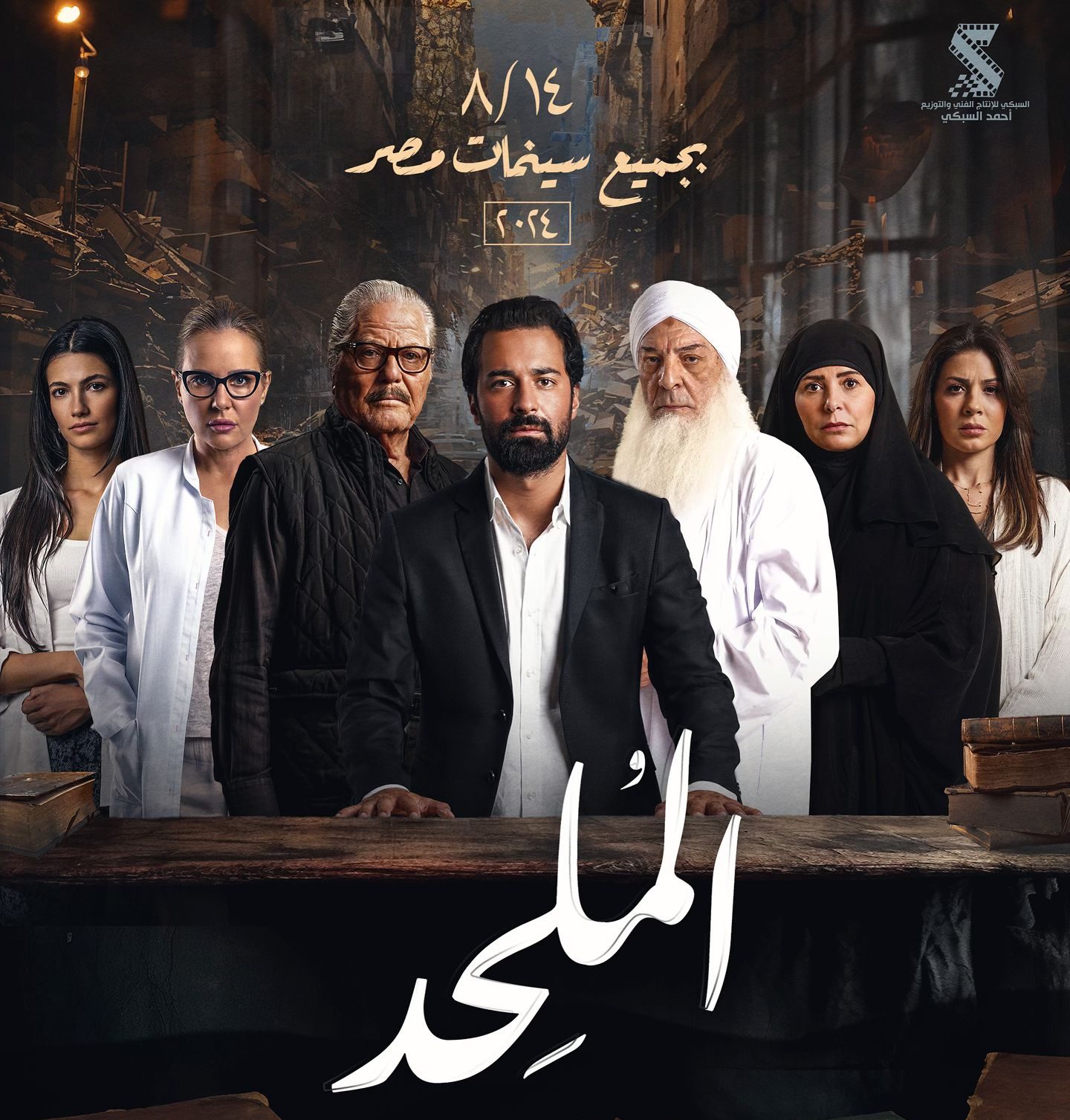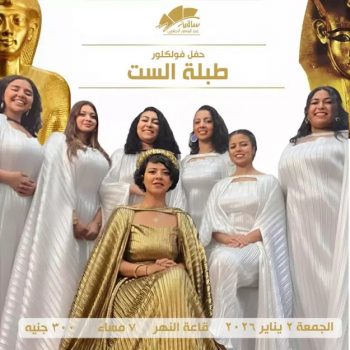The history of banned films in Egypt proves cinema's power as a medium that not only entertains but also challenges societal norms, political ideologies, and religious beliefs. While censorship continues to play a significant role in shaping the content that reaches audiences, the ongoing debates and controversies surrounding these films demonstrate filmmakers' resilience and determination to push boundaries.
One such example is the recent uproar surrounding El Molhed, a film that sparked intense debate even before it hit theatres. The ban and subsequent backlash highlight a broader pattern within Egyptian cinema, where films are often caught in the crossfire between creative expression and societal, political, or religious sensitivities.
In this article, we explore the most famous Egyptian films that faced bans, exploring the reasons behind these decisions and the cultural impact they left behind.
El Molhed (2024)

Director Mando El Adl's El Molhed has become a topic of discussion after rumours of its banning surfaced. El Adl cryptically posted on social media that banning is not a solution, which only fueled speculation. The film's producer, Ahmed El Sobky, quickly clarified that the film was merely postponed for technical reasons and had not been banned, as all necessary censorship permits were in place. Despite this, the film, penned by the controversial writer Ibrahim Eissa, has faced intense scrutiny, primarily due to its title and perceived provocative themes.
Baheb El Cima (2004)
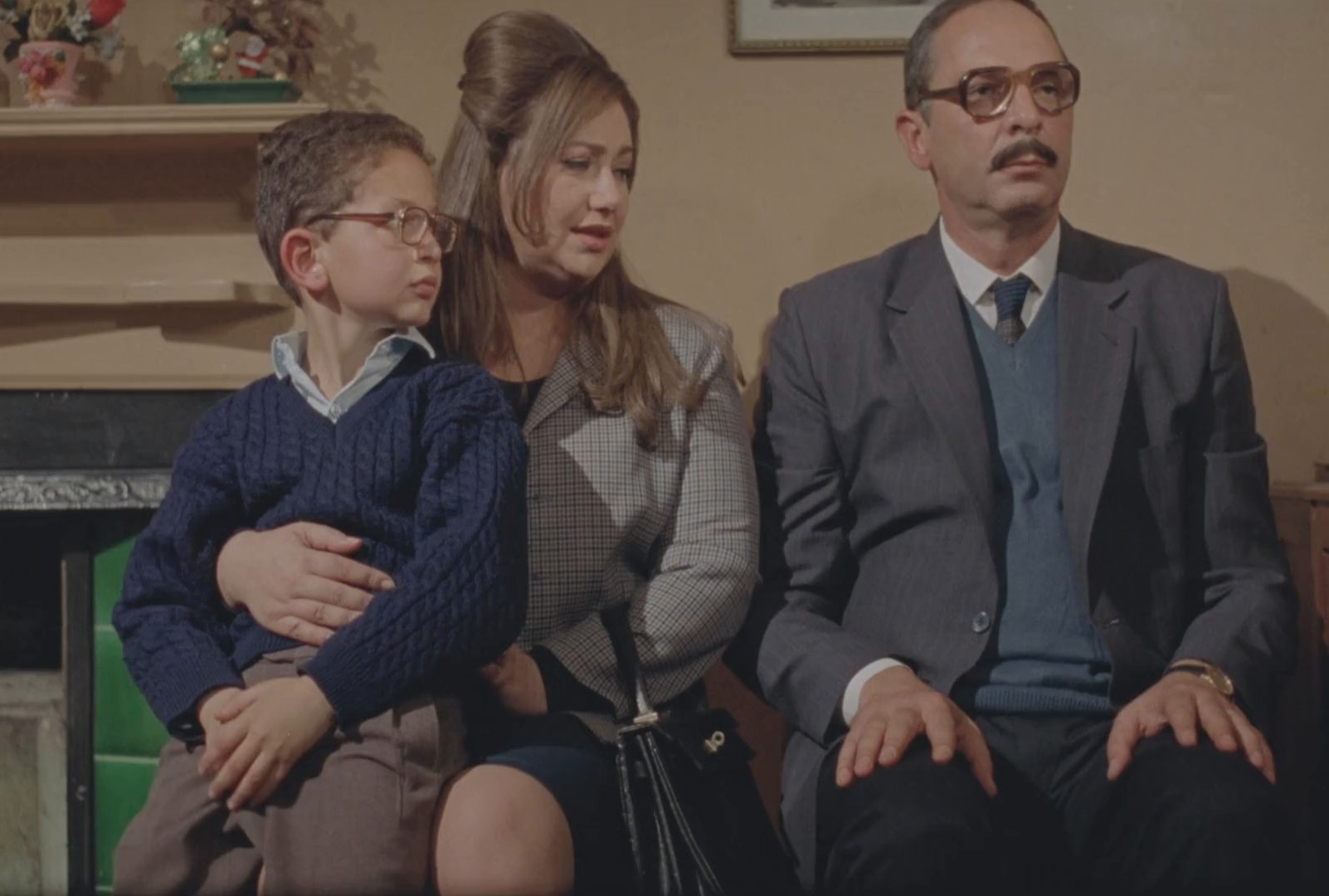
Baheb El Cima became a flashpoint in the debate over religious representation in Egyptian cinema. The film, which portrays the life of a devout Christian family, was met with fierce opposition from segments of the Christian community, who felt it misrepresented their faith. Legal battles ensued, with lawsuits demanding the suspension of the film's screening. Despite the controversy, Baheb El Cima eventually triumphed in court, with the filmmakers winning the right to release the movie.
Hammam El Malatili (1973)
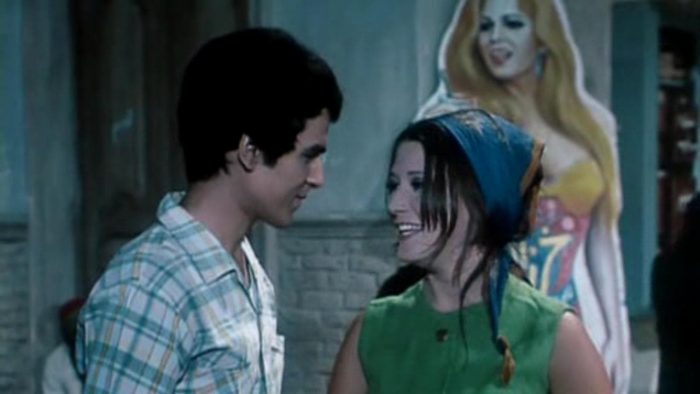
This is another example of a film pushing acceptable content boundaries in Egyptian cinema. The film, which explores themes of love, sexuality, and societal decay, was initially banned due to its explicit scenes and bold portrayal of homosexuality. However, the film was eventually released after significant cuts.
Lamo2a5za (2014)

This movie, directed by Amr Salama, was released in 2014 after it faced a dramatic censorship battle. It dives into the story of a Christian kid who was pushed to go to a public school after his father died, and because of a misunderstanding, everyone in the new school thought that he was a Muslim.
Darb El Hawa (1983)
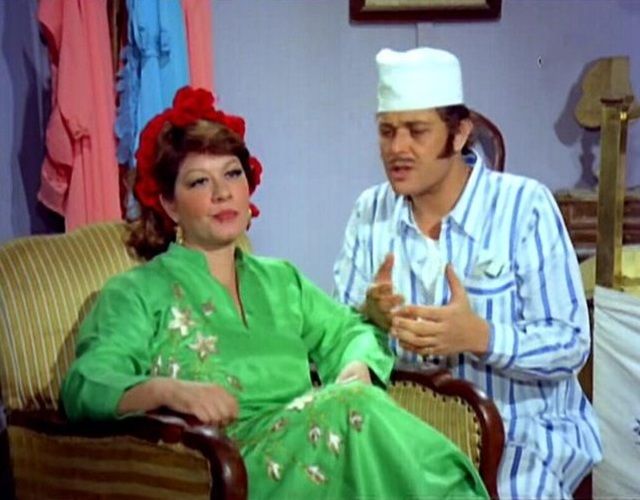
The film, which was initially well-received, was suddenly banned just six weeks after its release due to its depiction of moral decadence. The government's decision to withdraw the film from cinemas sparked a debate about the role of censorship in protecting public morality versus stifling artistic expression. Years later, the film was allowed to be screened again.
Halawet Rouh (2014)
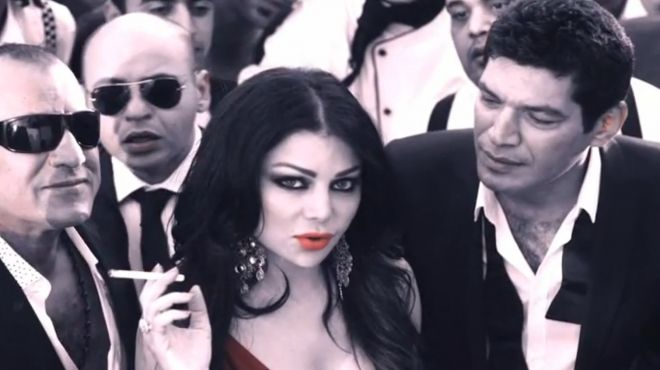
It is perhaps one of the most high-profile cases of a film being banned in recent years. The film, which was accused of being too sexually explicit and morally inappropriate, was banned by the then-Prime Minister shortly after its release. The film's provocative content, particularly scenes involving a child's infatuation with the adult female lead, sparked outrage among conservative sectors of society.
El Mohager (1994)
![]()
Youssef Chahine, one of Egypt's most celebrated directors, faced his own censorship battle. The film, which loosely interprets the story of prophet Youssef, was banned for its portrayal of religious figures. Chahine and several prominent artists led a campaign against the ban, arguing for the artistic freedom to reinterpret religious stories. This led to a landmark court ruling in favour of the film, allowing it to be screened.
Khamsa Bab (1983)
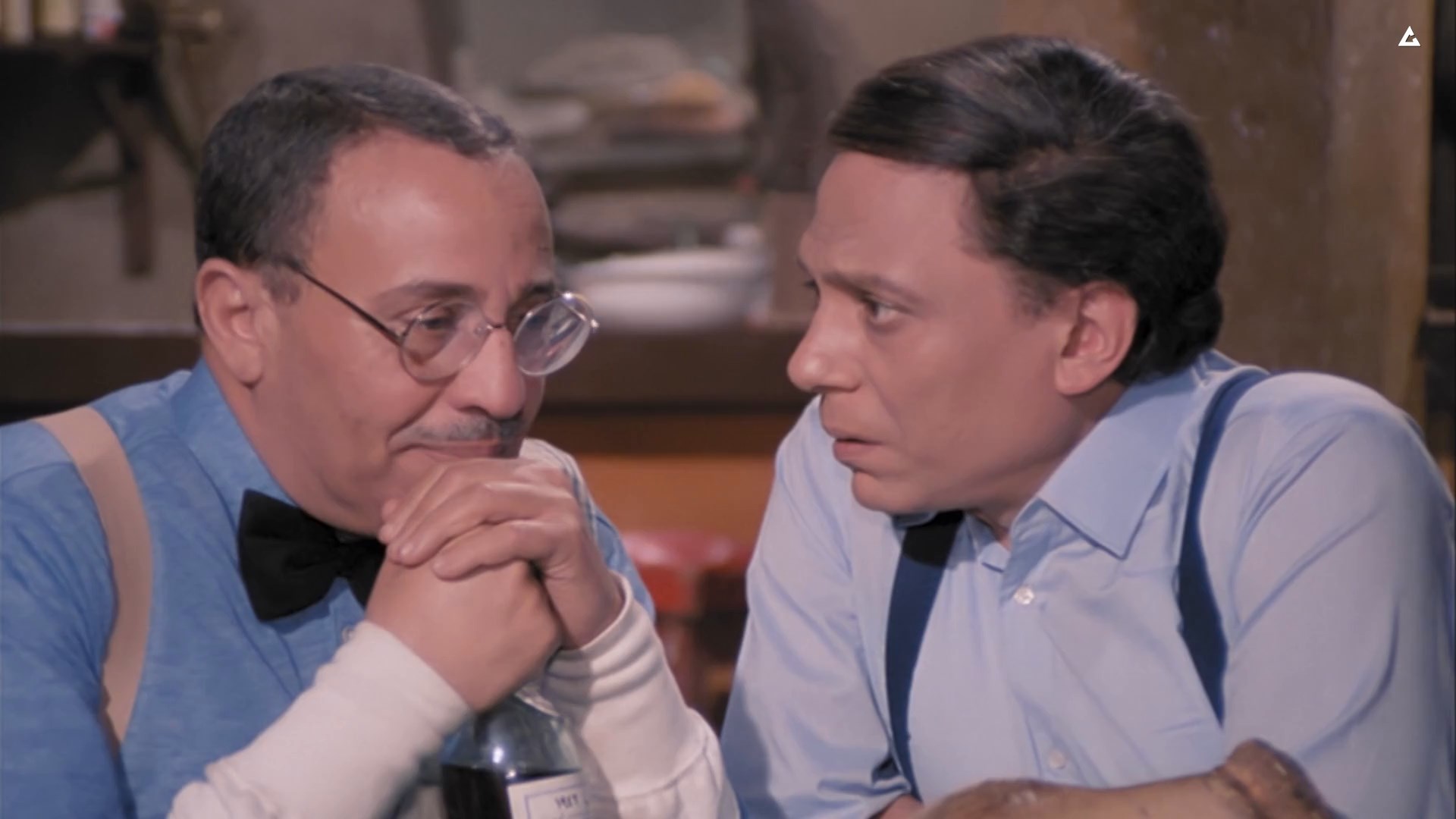
Khamsa Bab, which featured bold depictions of sexuality and societal corruption, was pulled from theatres just a week after its release, with censors citing its indecent scenes as the reason for the ban. It was not allowed to be shown again for many years, making it one of the most controversial films of its time. The film's eventual re-release ended with a heavily edited form.
Karma (2018)
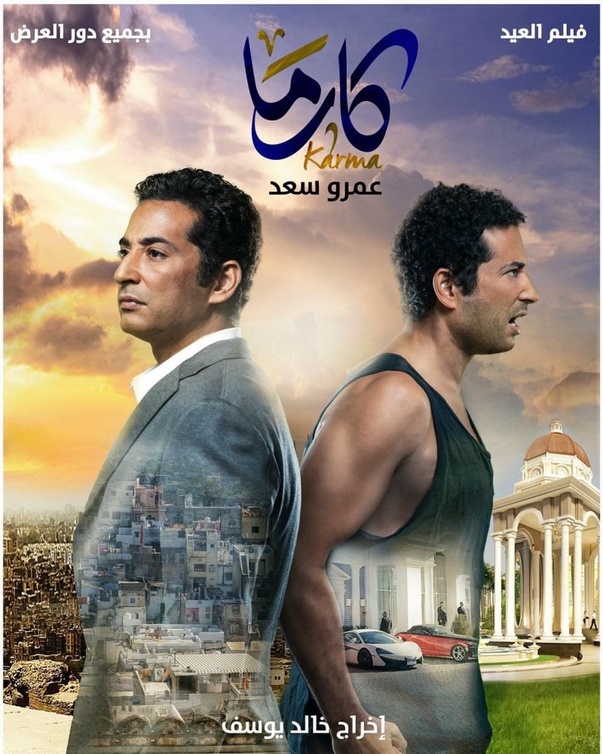
A film by Khaled Youssef adds to the list of films that faced last-minute bans despite being cleared for release. Just hours before its scheduled premiere, the film was banned, reportedly due to its sensitive subject matter, which includes themes of social justice and religious coexistence. The ban was later overturned, with Karma ultimately competing in that year's Eid al-Fitr film season.

